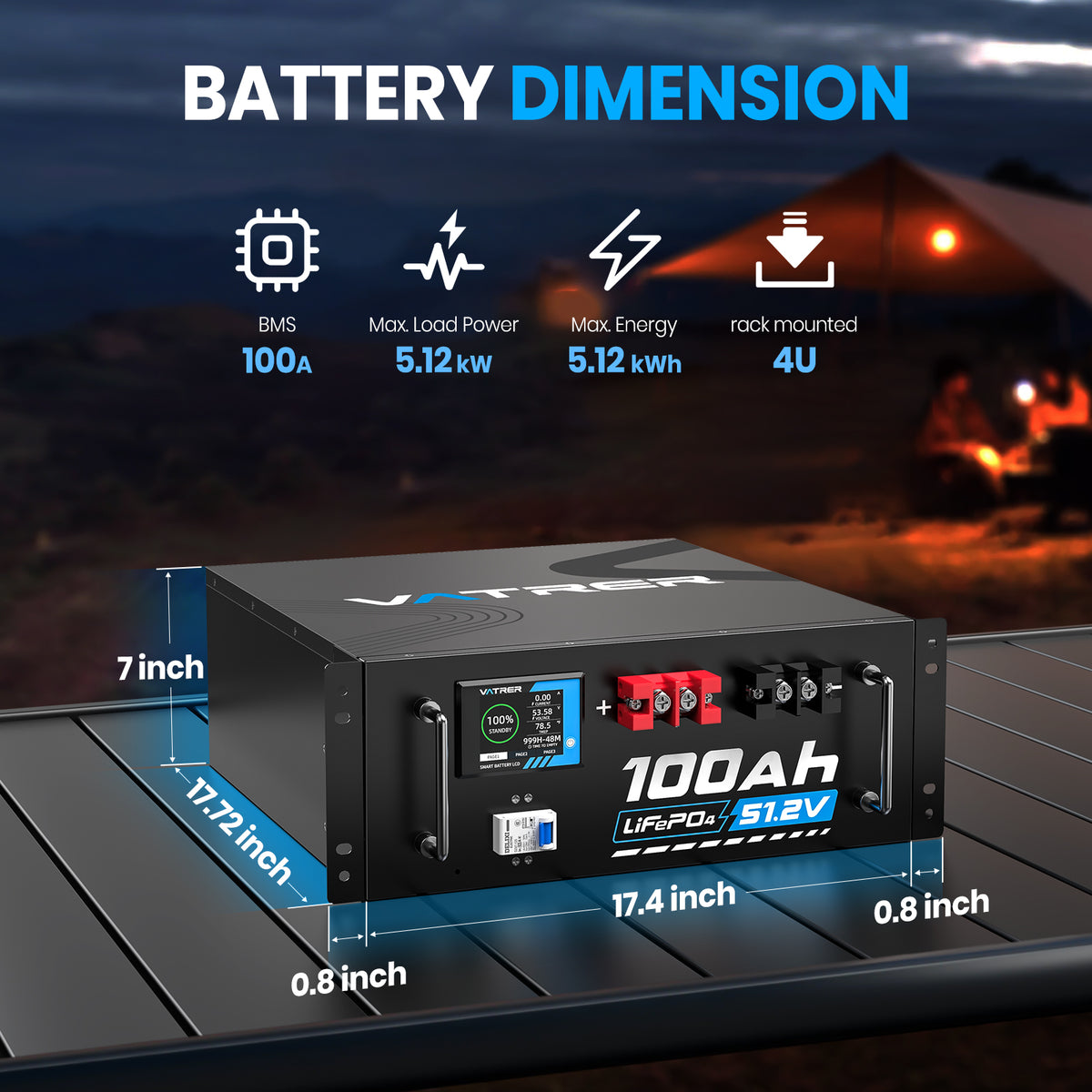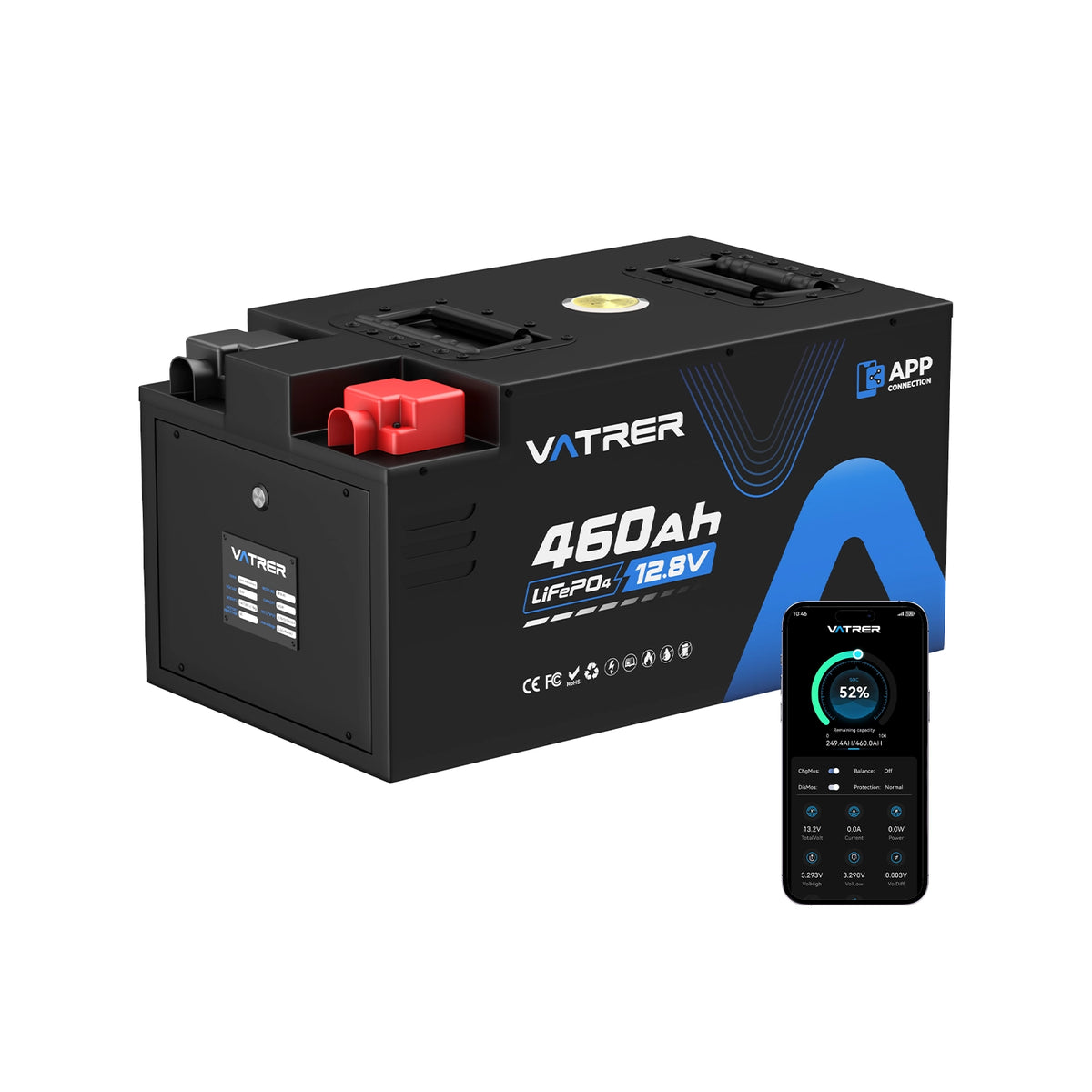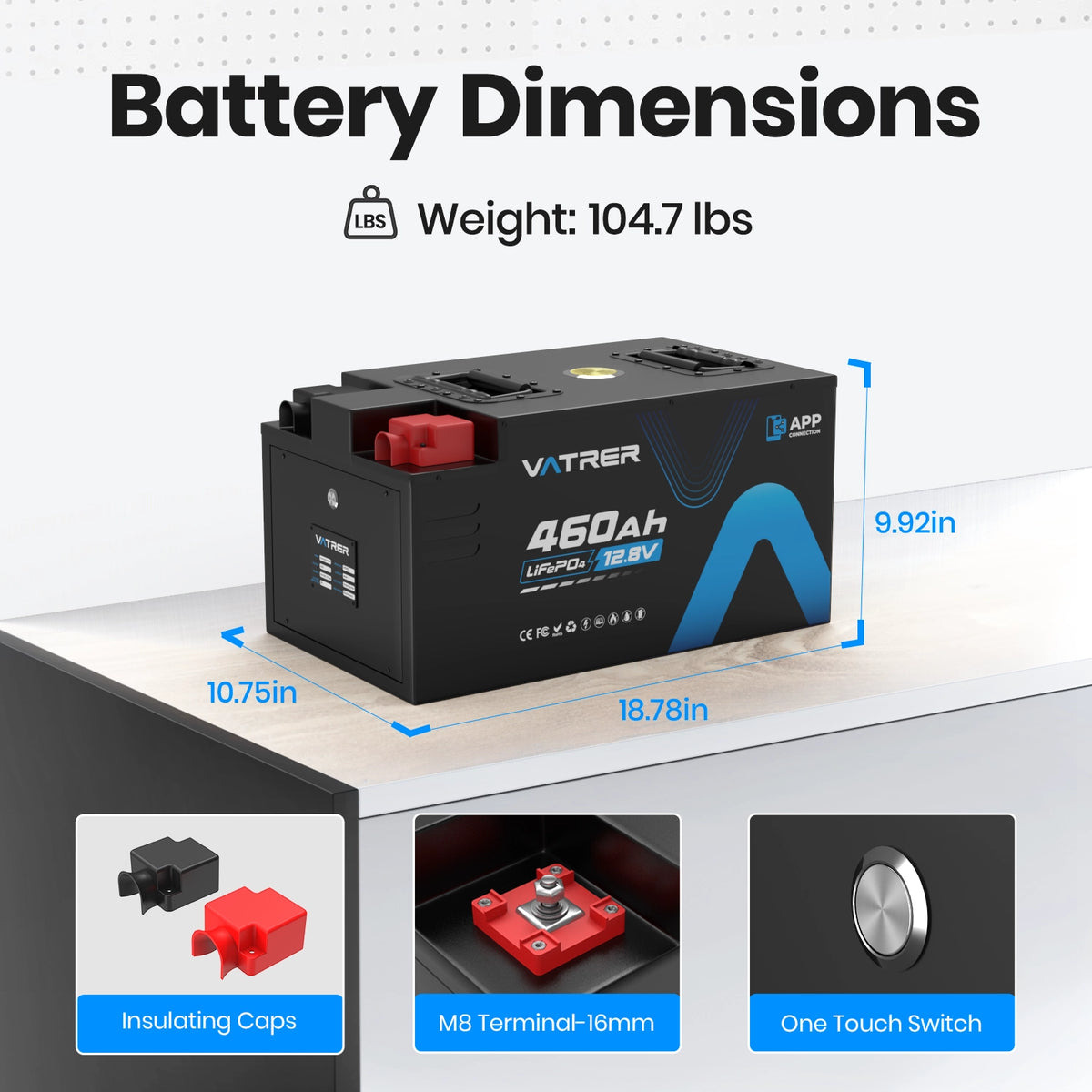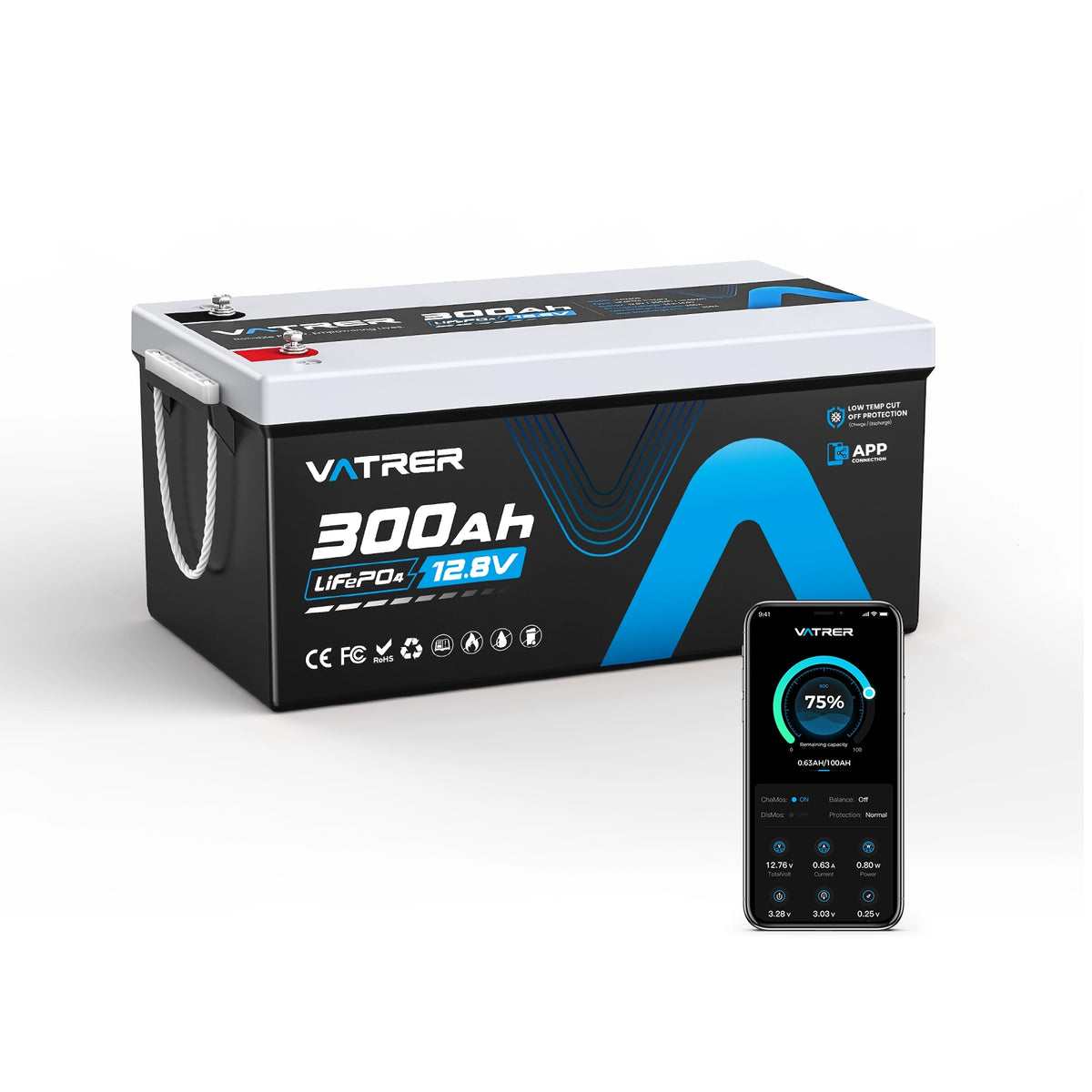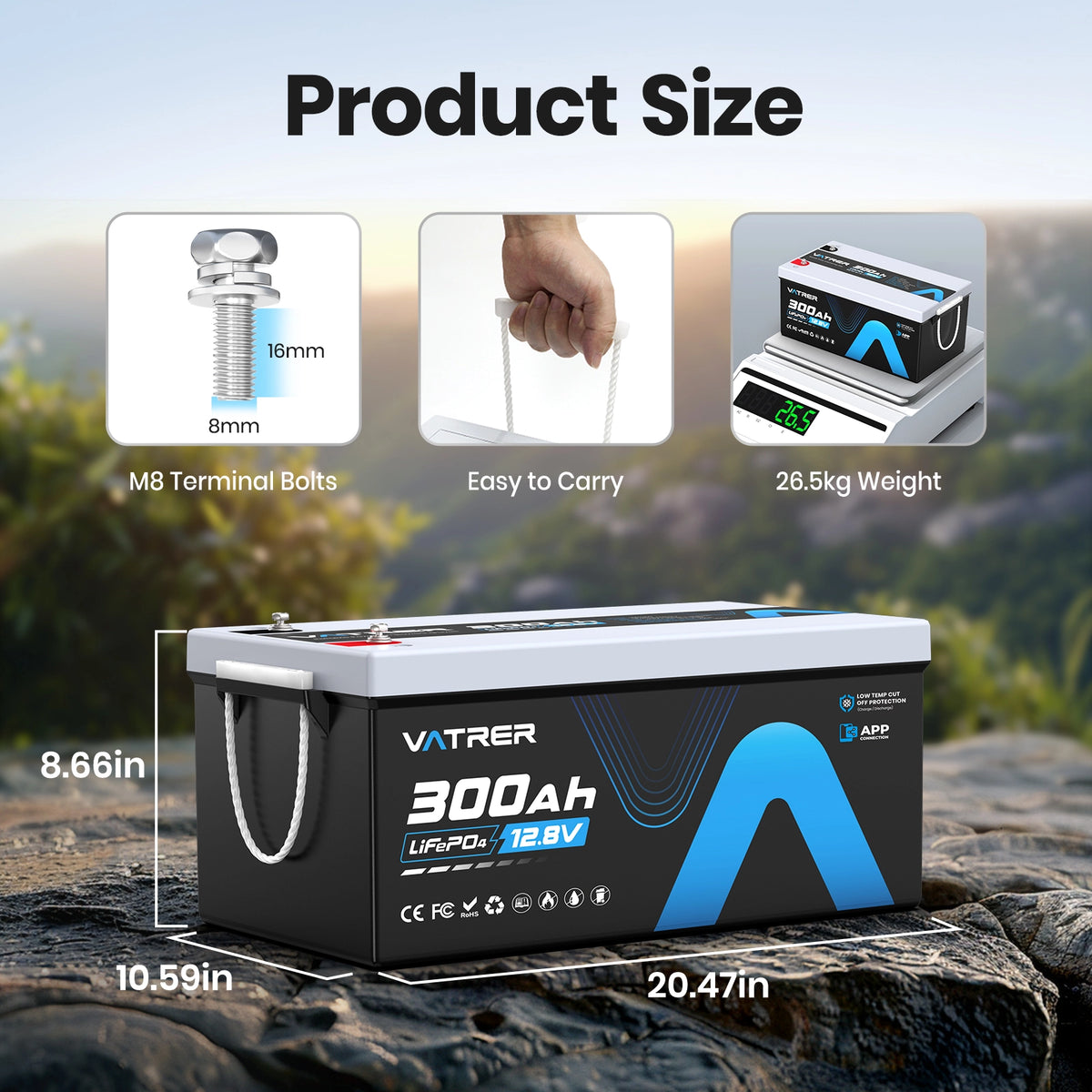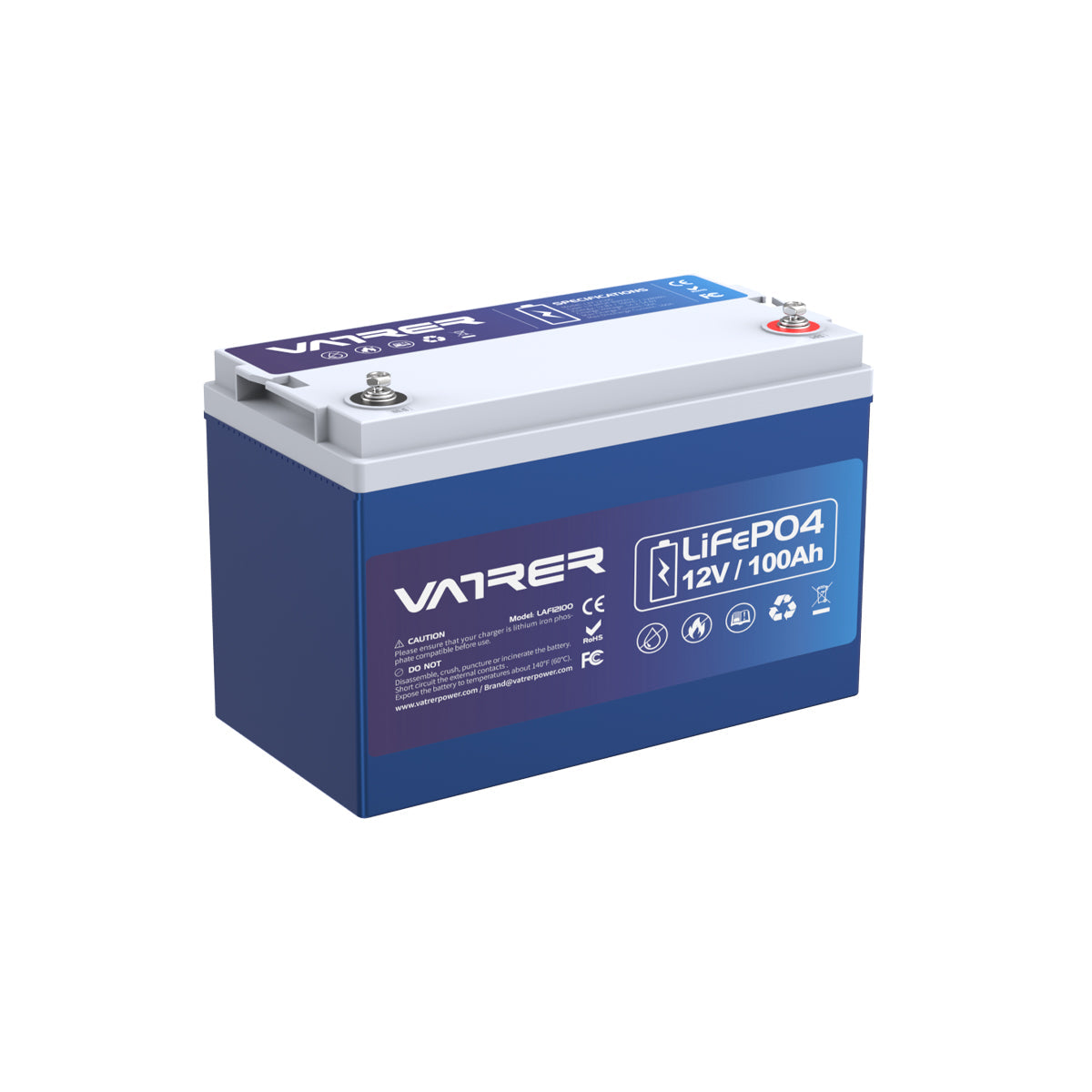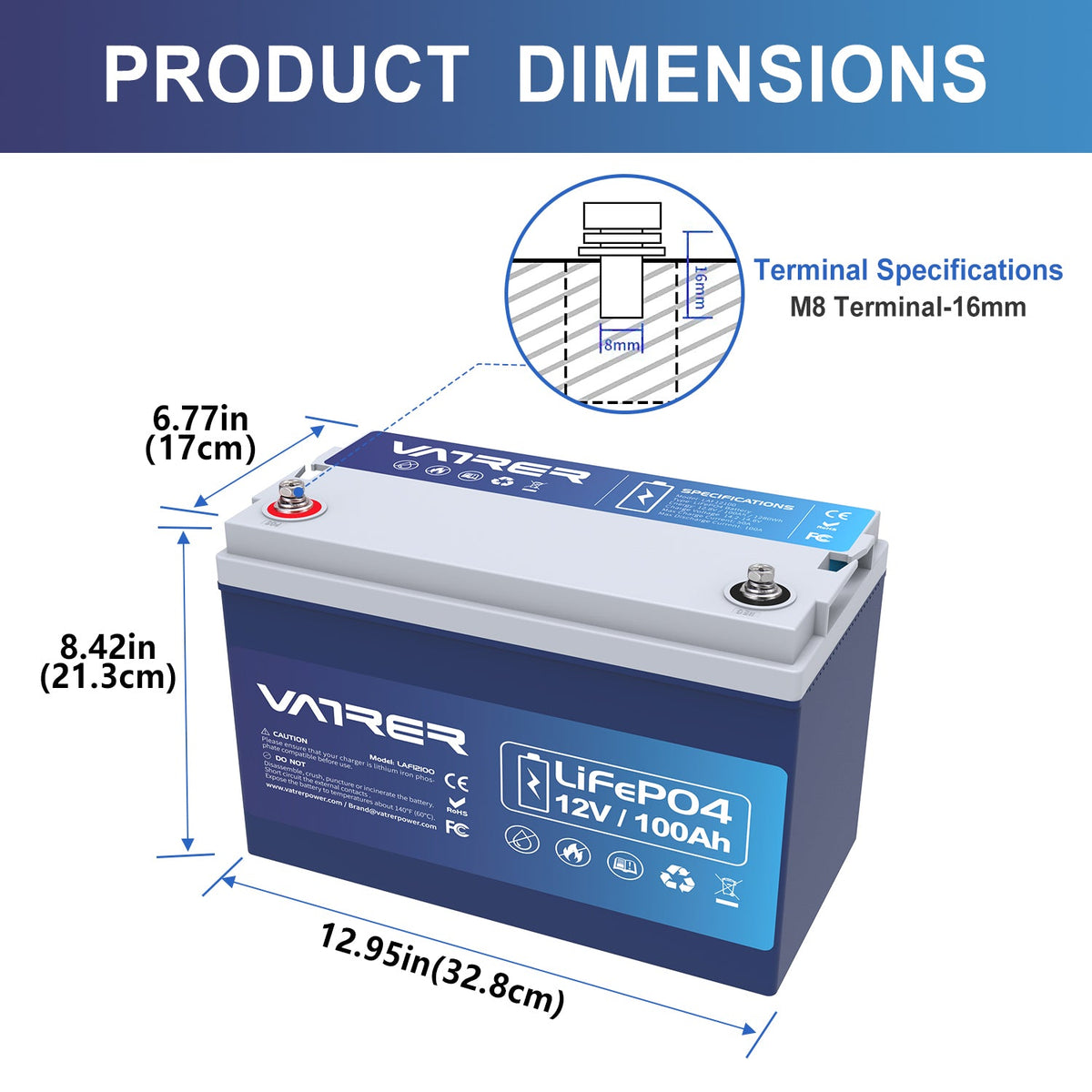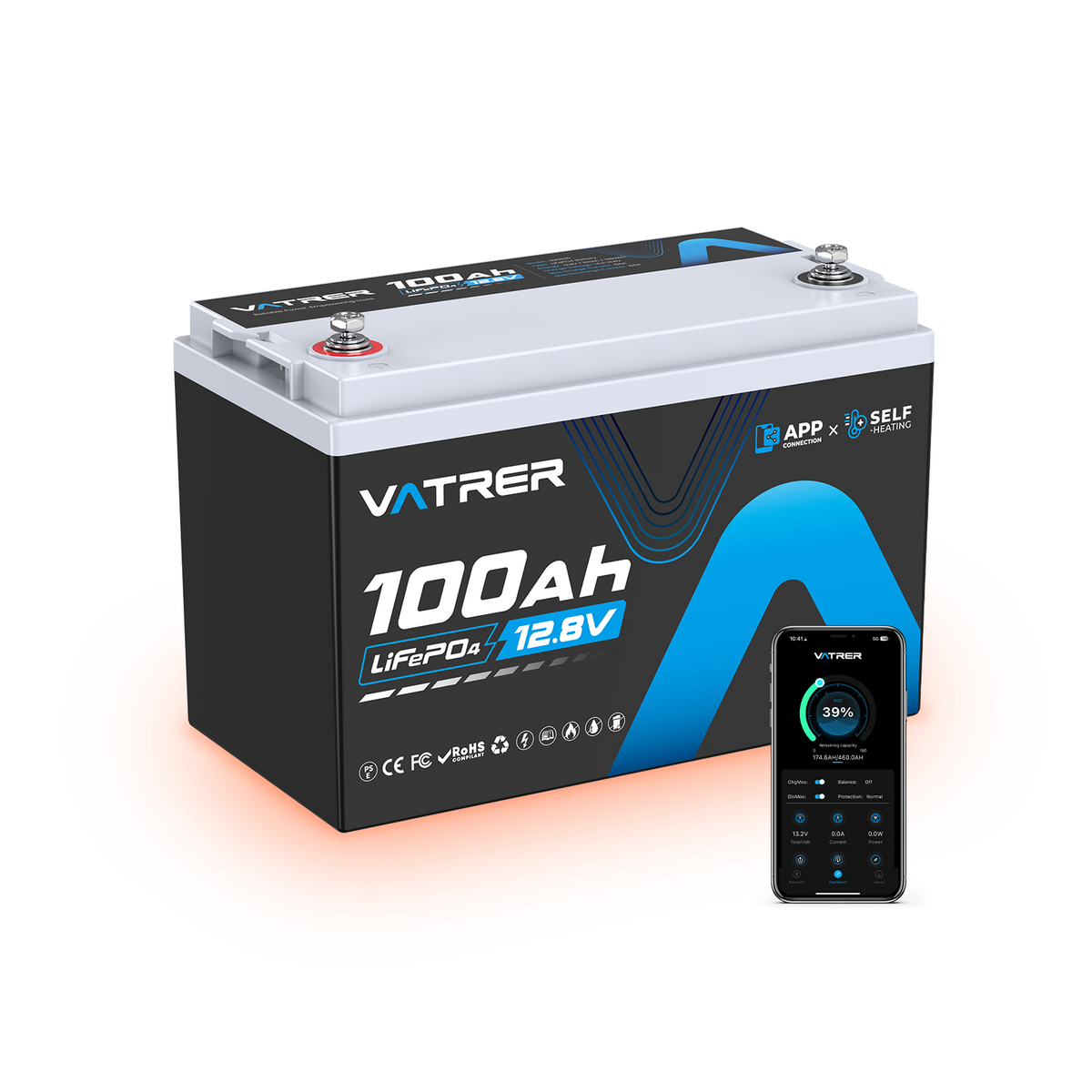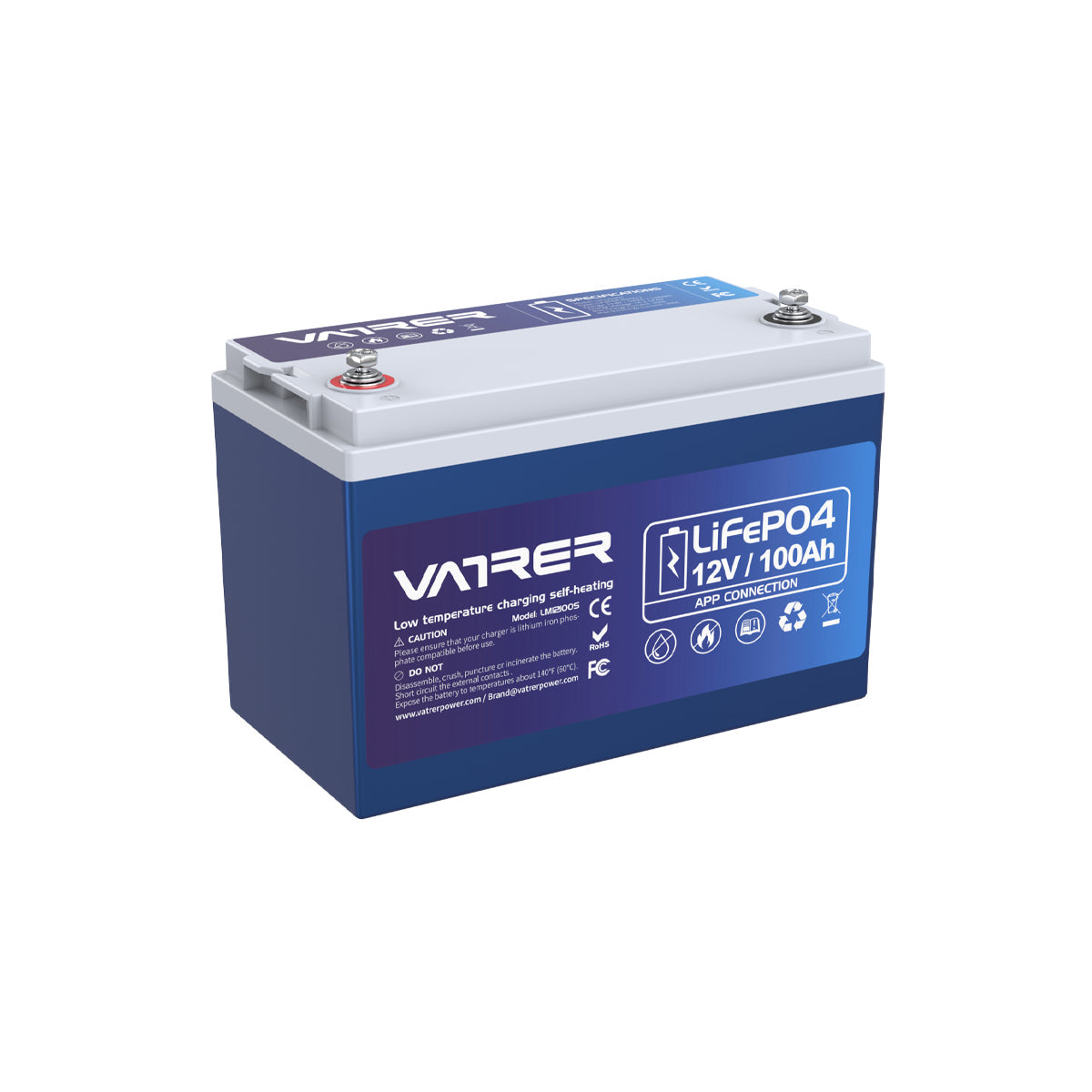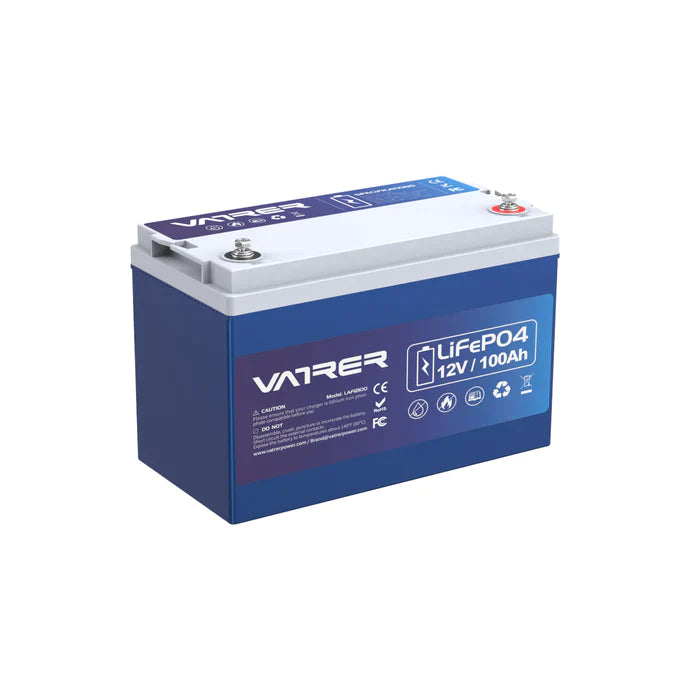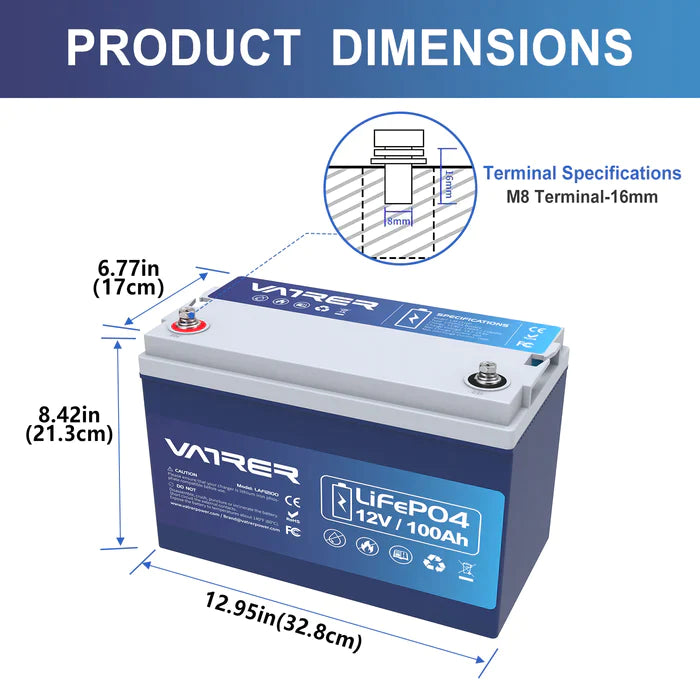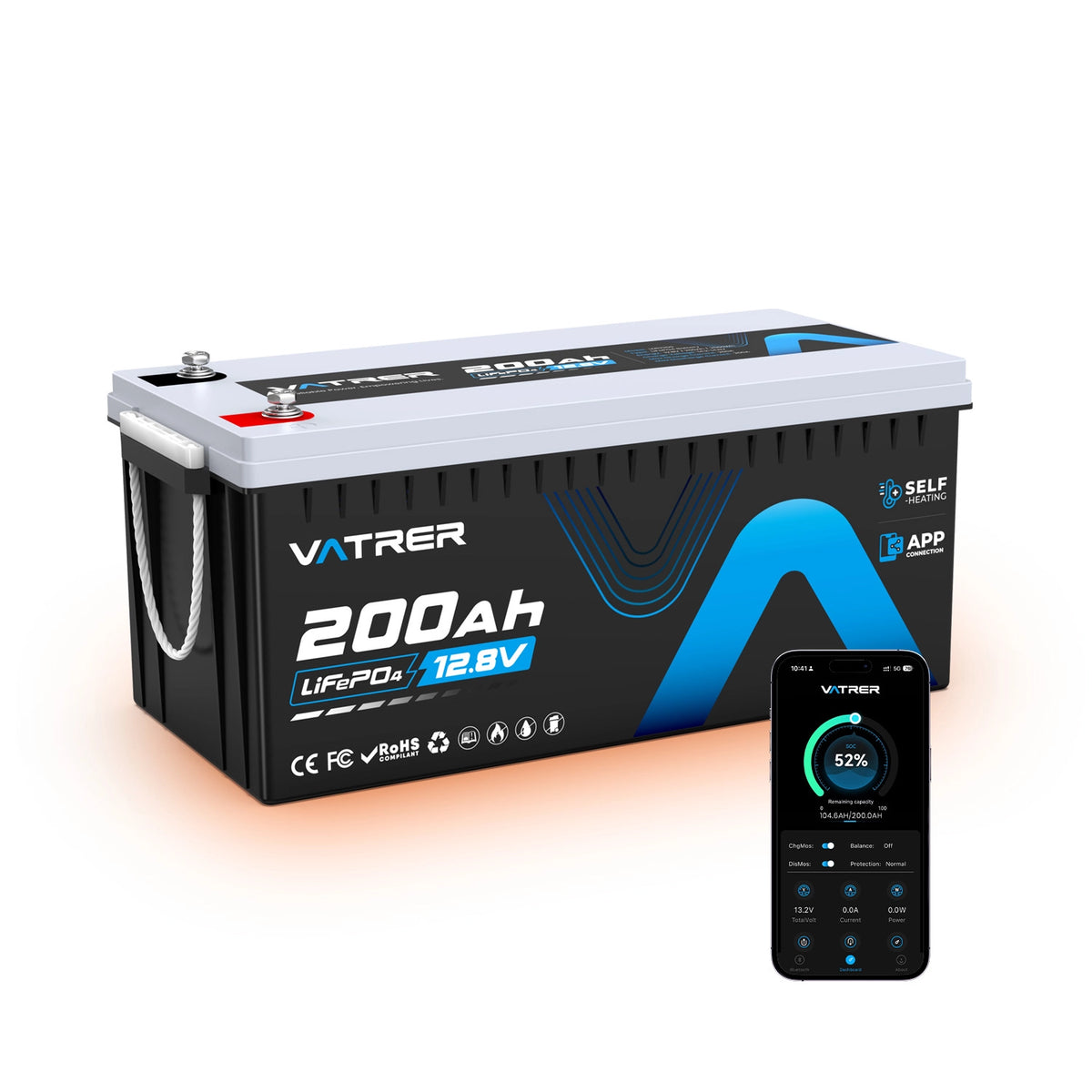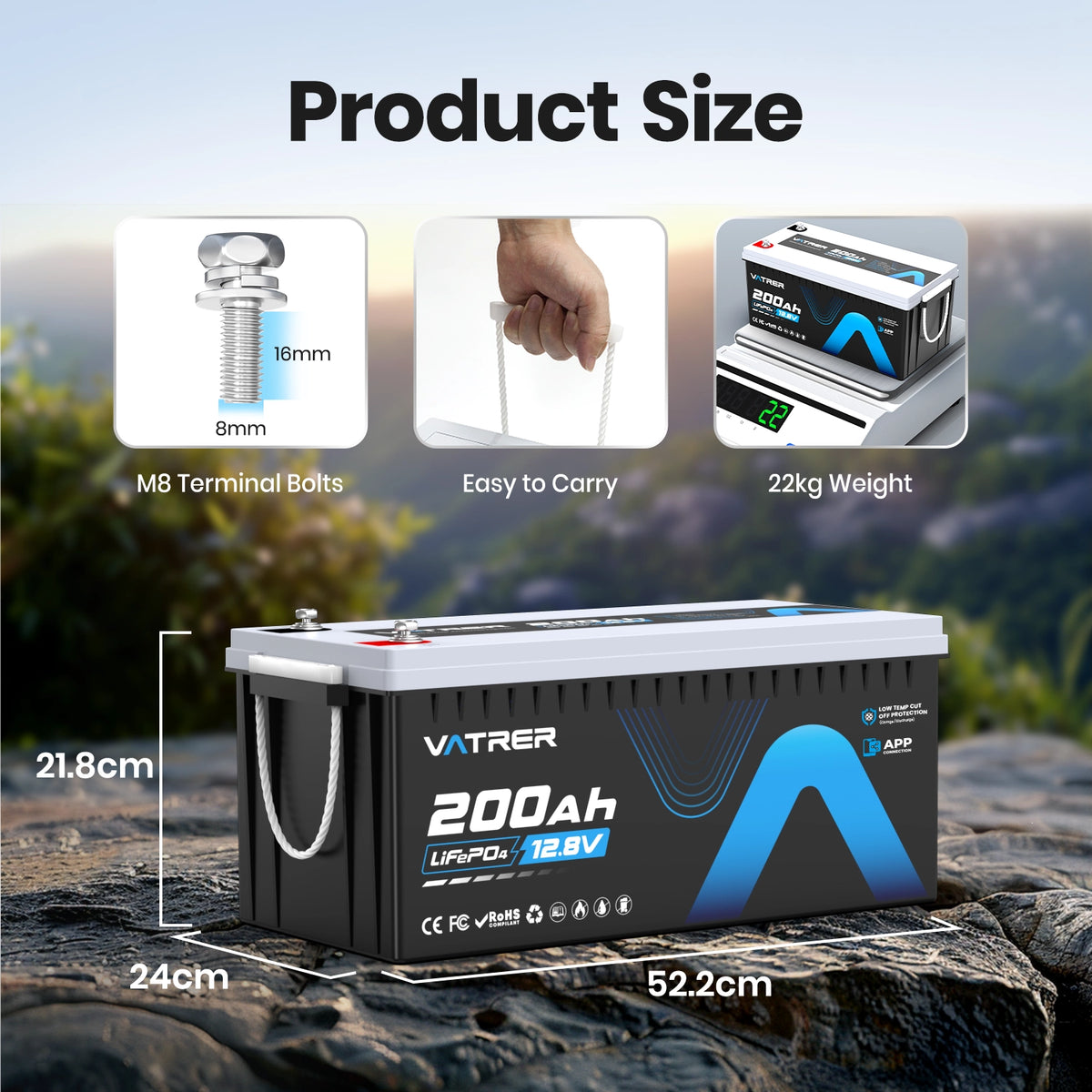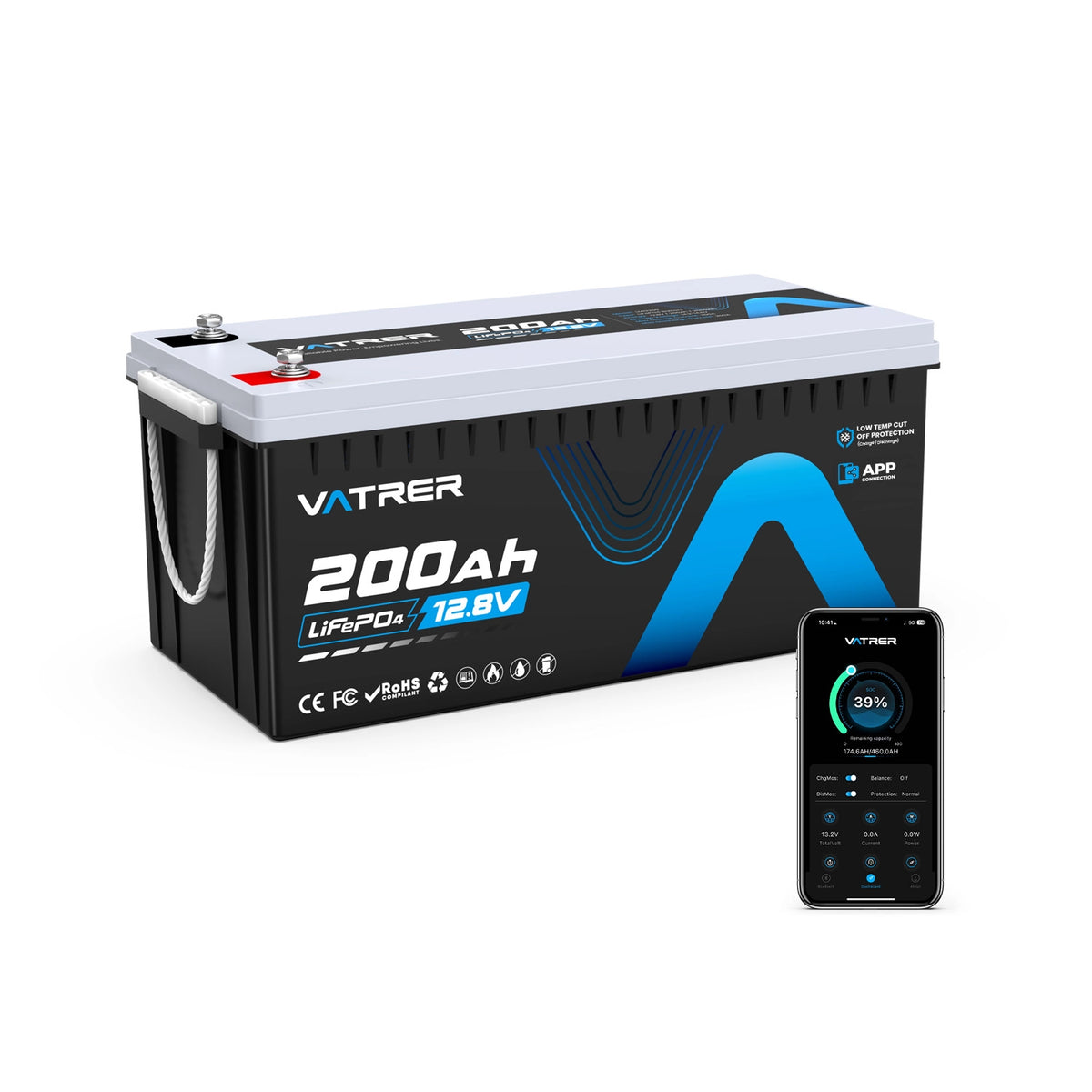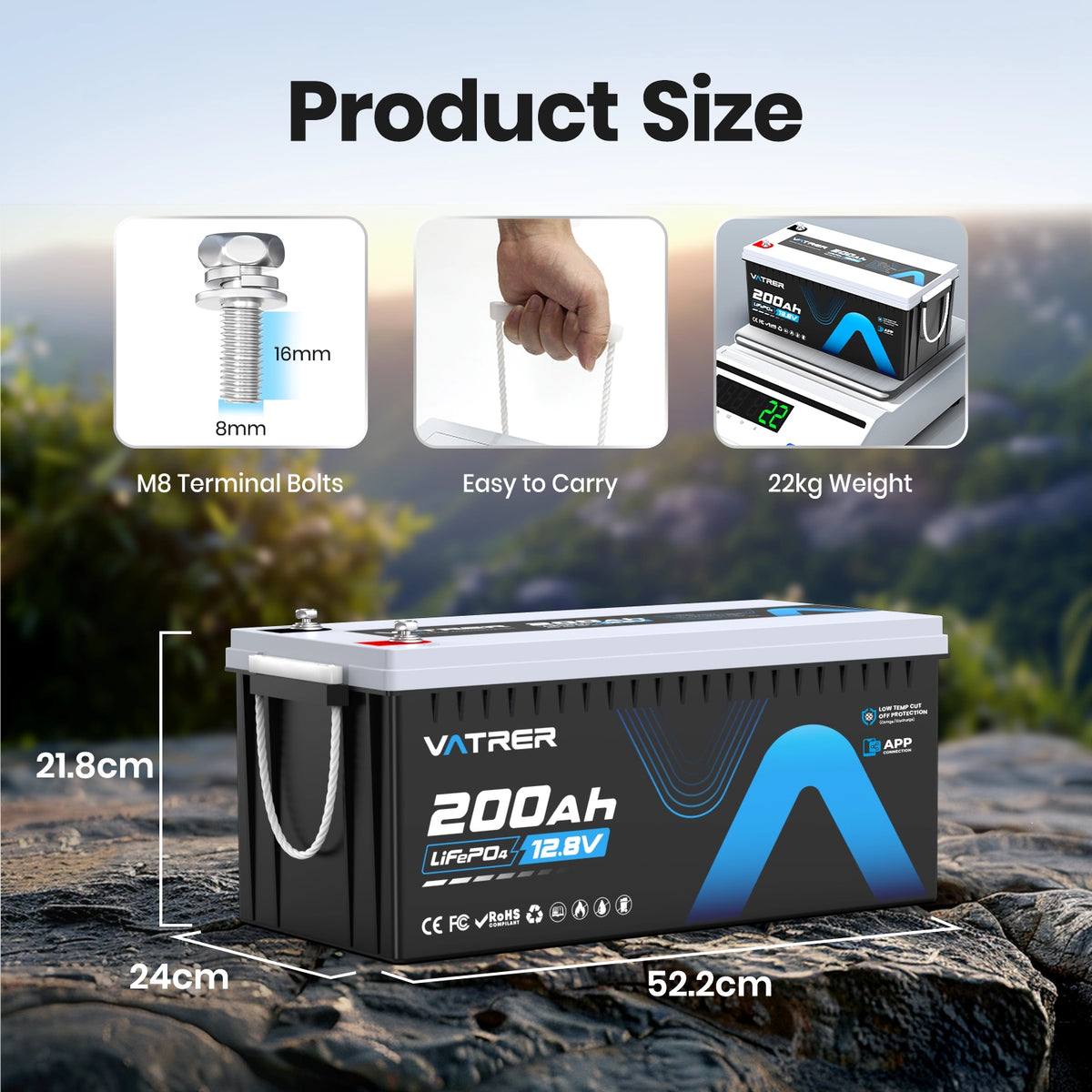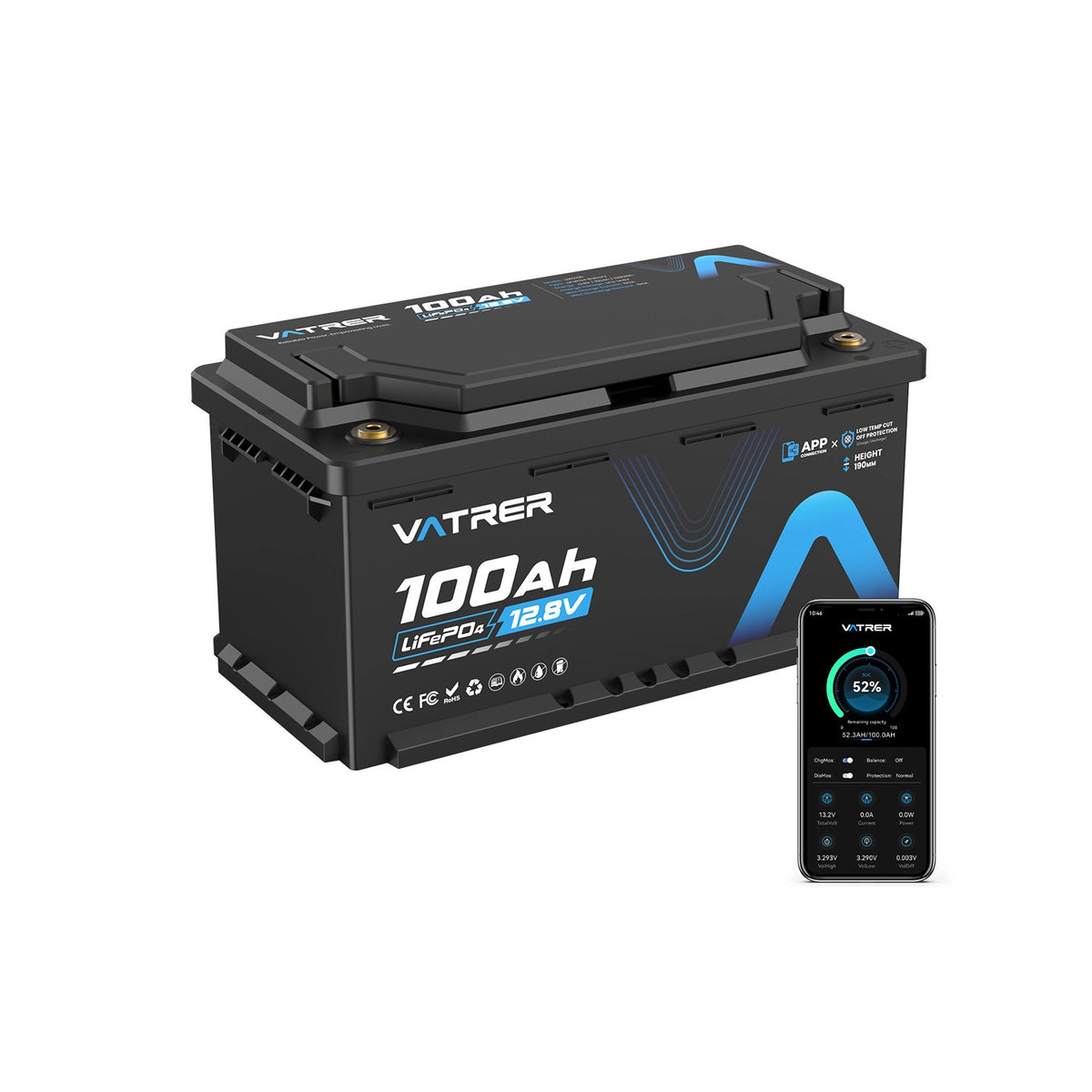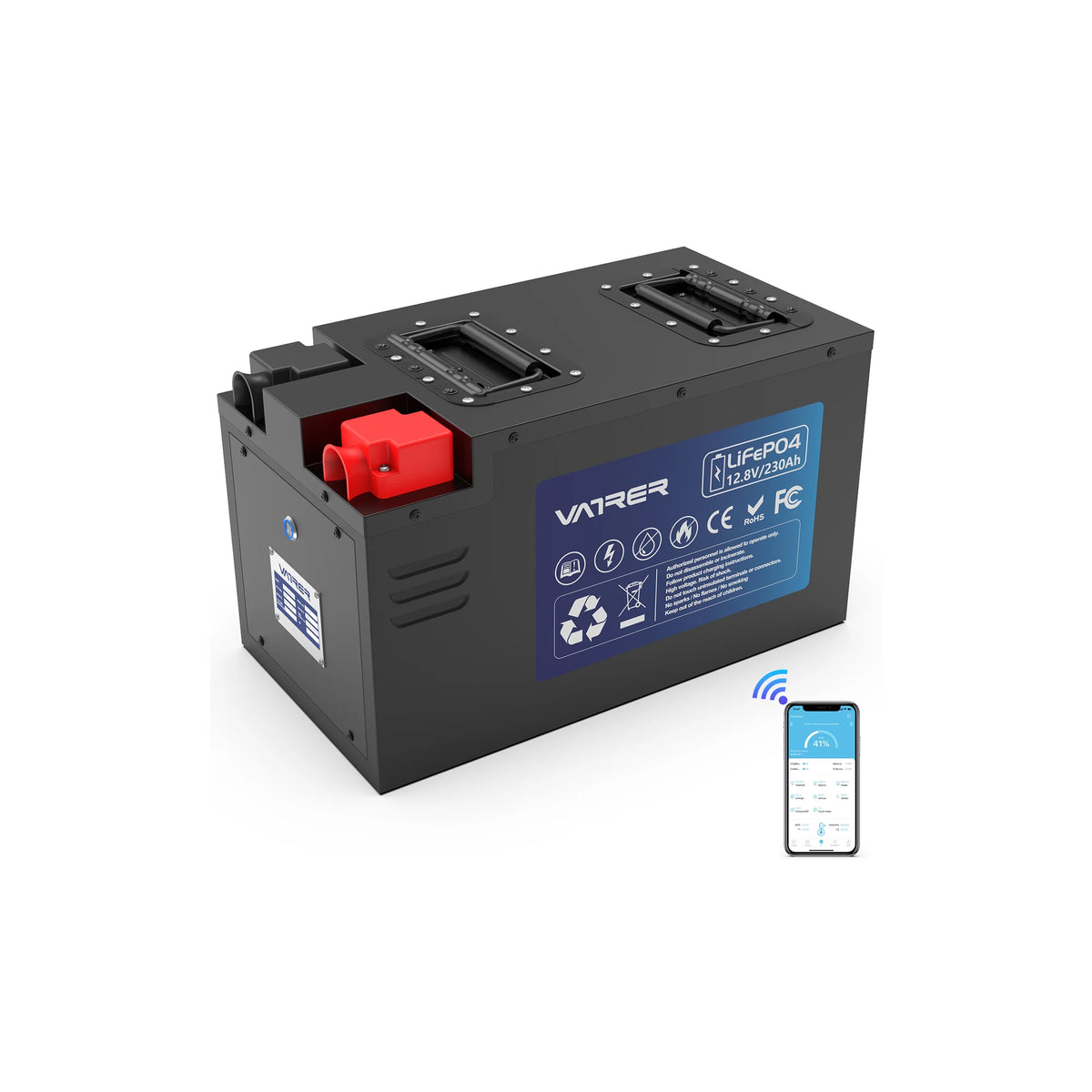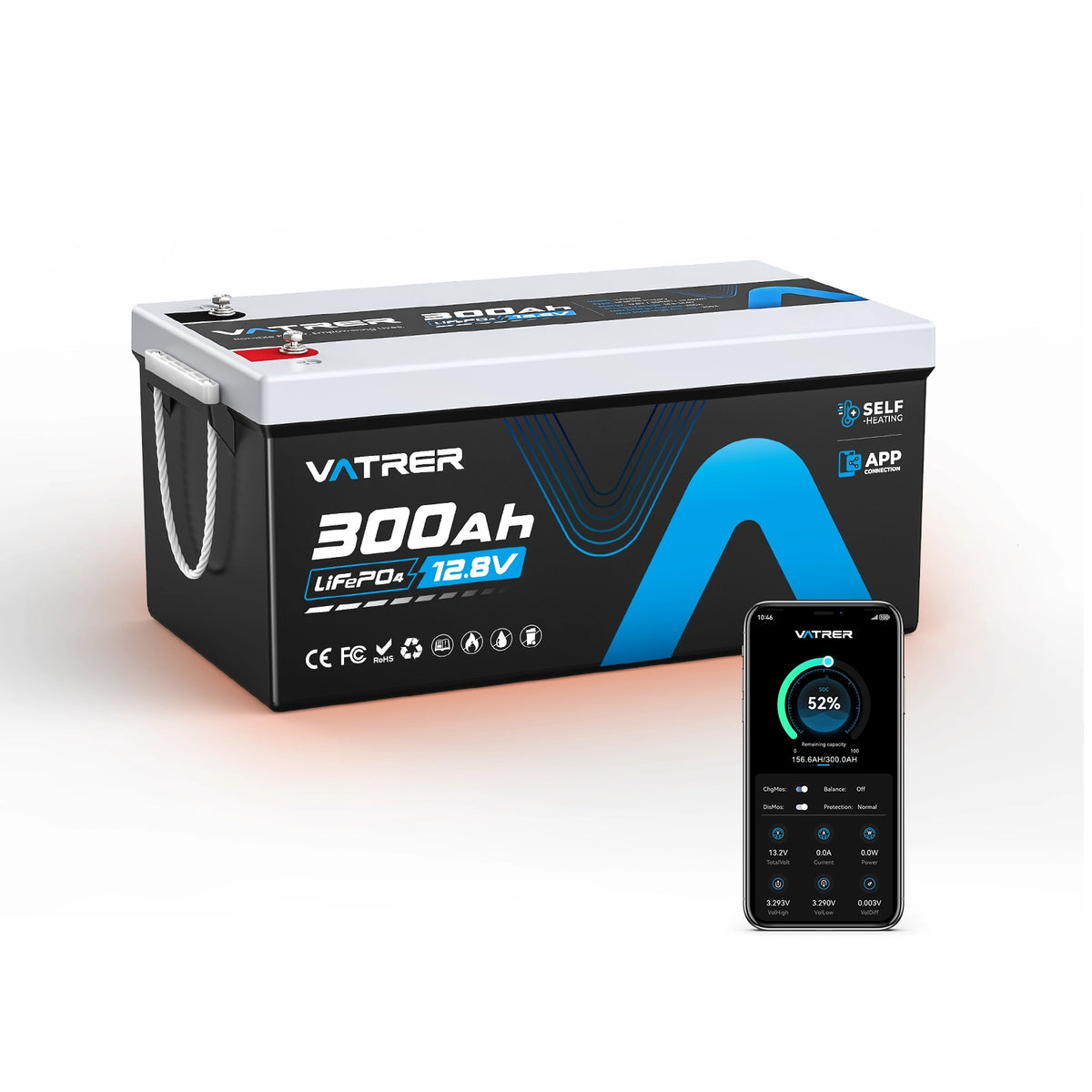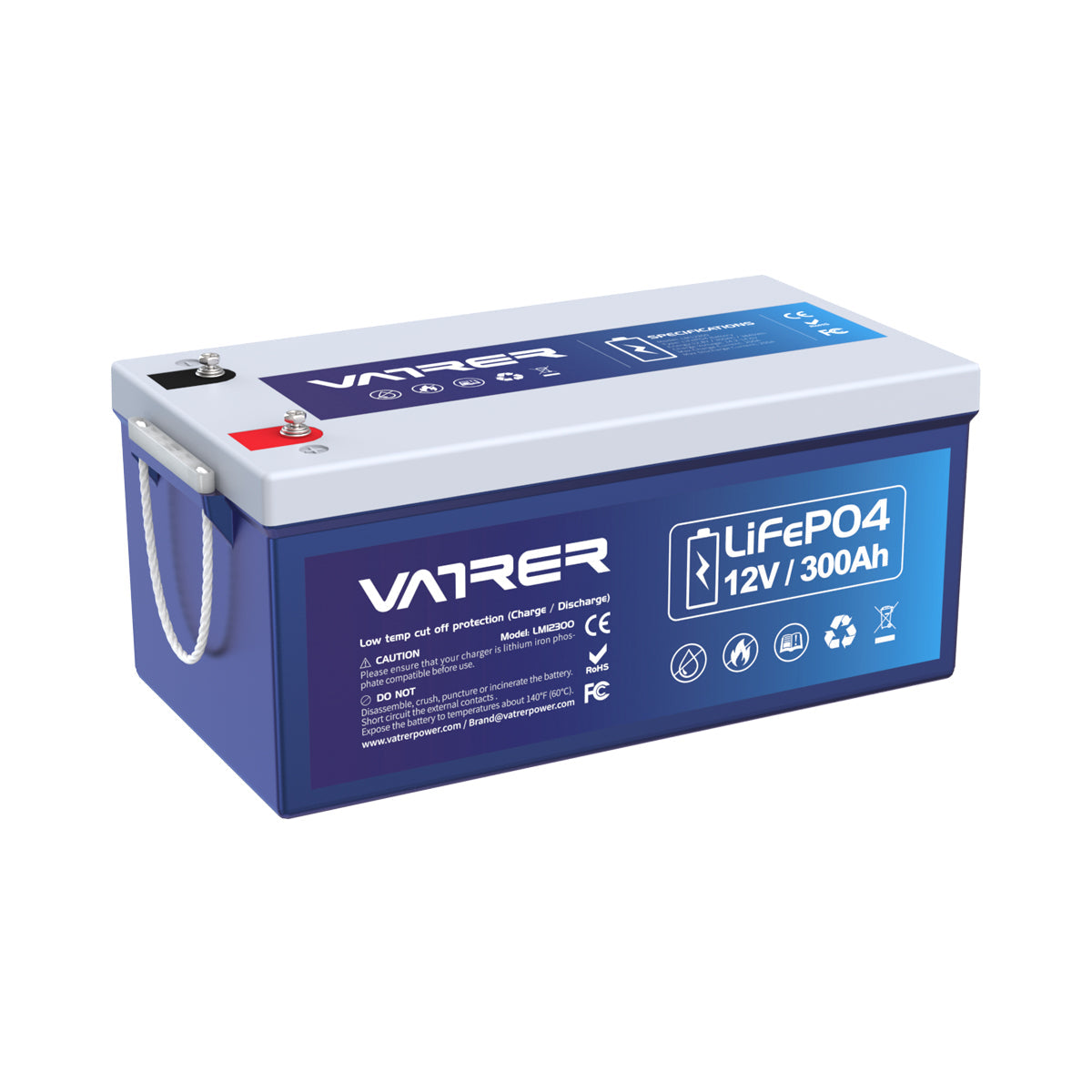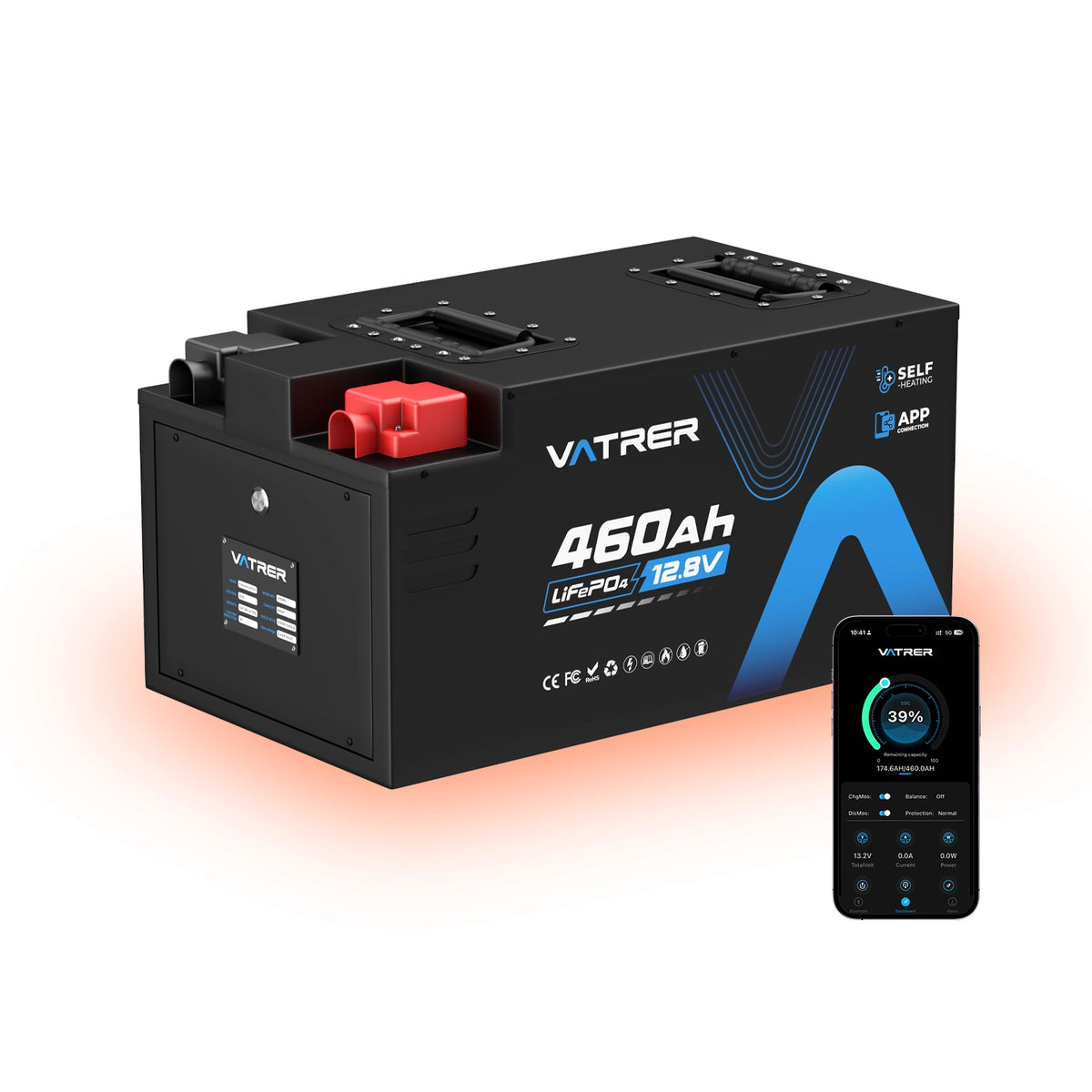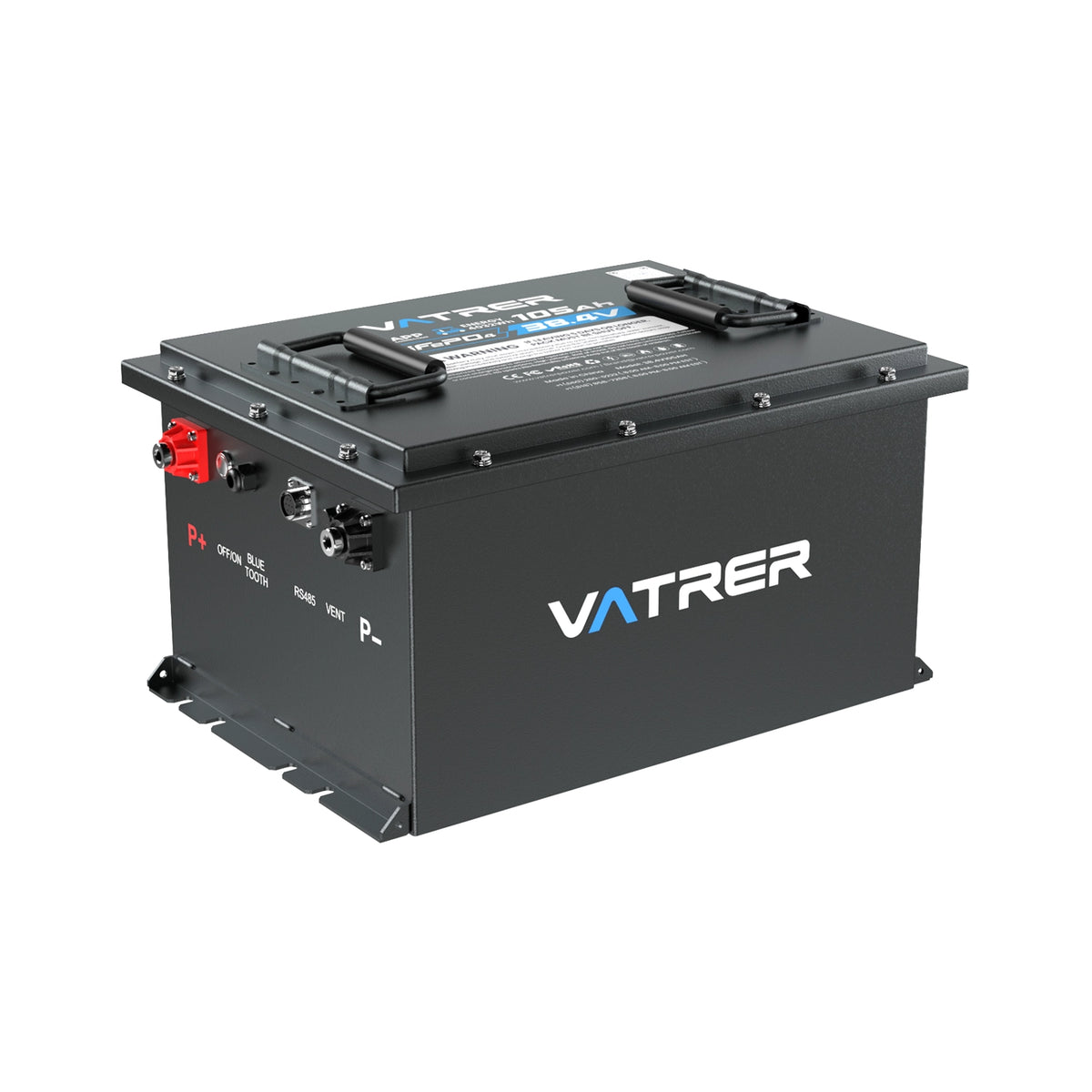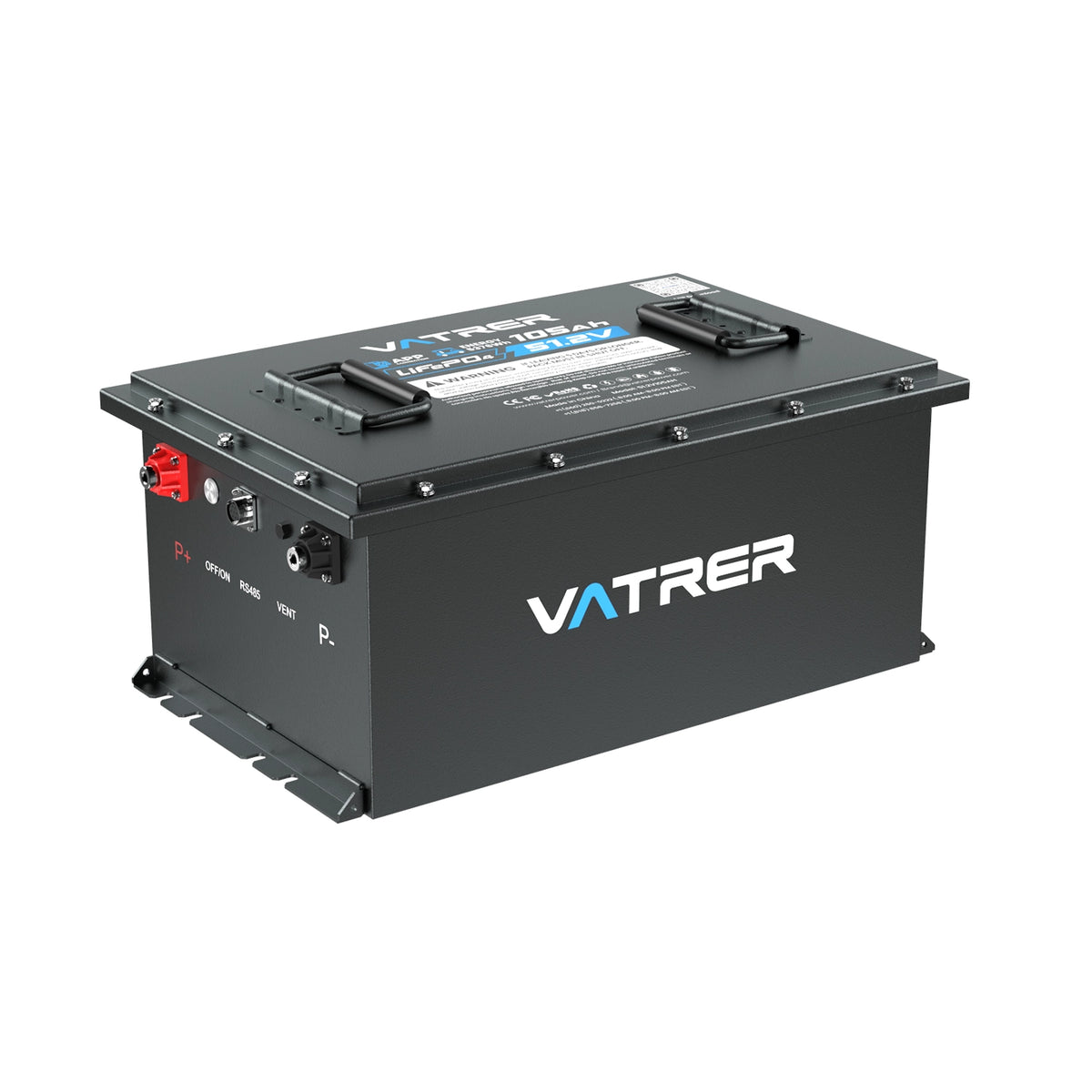Recreational vehicles (RVs) offer the freedom to explore the great outdoors with the comforts of home. One key component that powers this adventure is the RV battery, which supplies the necessary electricity for everything from lighting and refrigeration to water pumps and electronics. Given its importance, knowing how long an RV battery typically lasts and how to maximize its lifespan is crucial for every RV owner.

The Lifespan of RV Batteries
The typical lifespan of an RV battery varies depending on several factors including the type of battery, usage patterns, and maintenance. Below is a table that outlines the expected lifespan of different types of RV batteries under normal usage conditions:
| Battery Type | Expected Lifespan | Maintenance Required |
|---|---|---|
| Lead-Acid | 3-5 years | Regular maintenance, including water level checks and terminal cleaning |
| Absorbed Glass Mat (AGM) | 4-7 years | Minimal, mostly maintenance-free |
| Lithium-Ion | 8-10 years | Minimal, mostly maintenance-free |
Factors Affecting Battery Lifespan
Several factors can affect the lifespan of an RV battery:
-
Temperature: Extreme temperatures, both hot and cold, can severely impact battery life. High temperatures can increase the rate of chemical reactions inside the battery, leading to quicker degradation. Cold temperatures, on the other hand, can reduce the battery’s capacity and slow down chemical reactions.
-
Depth of Discharge (DoD): Regularly discharging your battery deeply (below 50% capacity) can significantly shorten its life. It's ideal to keep the discharge level above 50% to 80% to extend battery life.
-
Charging Practices: Overcharging or undercharging your RV battery can lead to reduced lifespan. Using a smart charger that automatically adjusts the charge level can help maintain battery health.
-
Storage: How you store your RV and its batteries during off-season periods can also impact battery life. Storing batteries in a cool, dry place and keeping them charged to an optimal level will help prolong their life.
Tips for Maximizing RV Battery Life
To get the most out of your RV battery, consider the following tips:
-
Regular Maintenance: For lead-acid batteries, check and maintain the electrolyte levels and clean the terminals regularly to prevent corrosion.
-
Proper Charging: Use a quality charger and make sure not to overcharge or leave the battery discharged for long periods.
-
Minimize Deep Discharges: Avoid draining your battery below 50% capacity. Consider using energy-efficient appliances to reduce the load on the battery.
-
Temperature Control: Whenever possible, park your RV in the shade and avoid exposing batteries to extreme temperatures.
-
Seasonal Storage: If you’re not using your RV during the winter, fully charge the battery and store it in a cool, dry place. Check the charge periodically and top it up if needed.
Conclusion
Understanding how many years an RV battery is good for and how to properly maintain it can save you time, money, and hassle. By following the best practices for battery care, you can ensure that your RV is ready for adventure whenever you are. Remember, the key to extending battery life lies in regular maintenance and mindful usage. Happy RVing!






